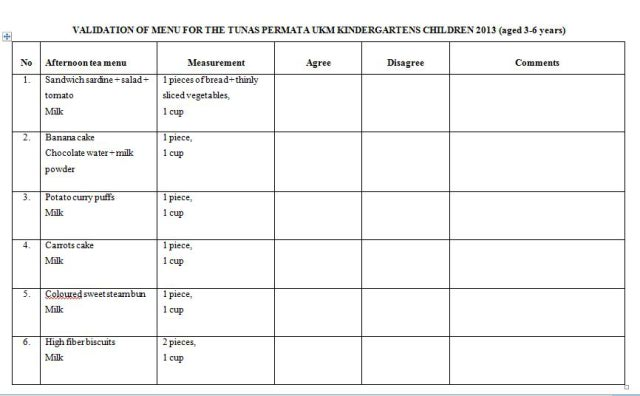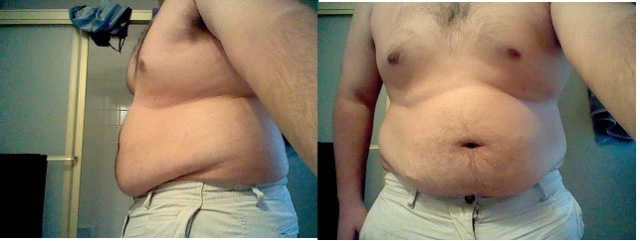International Interview
Question
Greetings!
Good Day!... I'm Zonel Torres from the Philipppines. A Mass Communication Student from Far Eastern University-Manila. We have an Investigative Report about Childhood to Teen-age obesity and we need a Nutritionist expert from other country like you. We would like to ask if you would answer our questions regarding our topic. You would be a great help. Thank you for your kind consideration. Here are the questions below. After answering. Please, leave your personal profile and information. We really need it badly this week, by Thursday. Please, help us, becasue our grades are in your hands. Thank you very much! God Bless.
Questions:
1. How does nutritious and healthy food affect the appetite of obese children?
2. What is the best diet for obese children?
3. How does inadequate sleep be correlated to higher obesity rates in children?
4. How does water intake affect the body of obese children?
5. What are the kinds of food they usually take?
6. Does the consumption of soft drinks and junk foods result to obesity?
7. What are the health problems confronting obese children?
8. How can diet and physical activities counteract obesity?
9. How can obesity be prevented?
10. How can metabolism in the body affect obesity?
Thank you for contacting allexperts.com I shall attempt to answer your questions to the best of my ability.
1. Nutritions and healthy food will reduce the cravings that many obese children have due to eating processed foods. Cravings are often the body's method of trying to get missing nutrients into the body that are insufficient. If a diet is poor these cravings will continue no matter how much food is consumed.
2. The best diet for any person, obese or not, of any age is 75 percent raw, unprocessed, whole foods such as vegetables, fruits, grains and nuts. 25 percent of the diet should consist of cooked foods. Processed foods and simple carbohydrates should be avoided. Meat should be avoided or kept to a bare minimum and all foods should be organic if possible.
3. Inadequate sleep impairs certain hormone levels, especially in children. When a person sleeps stored fat is metabolized in order for nutrients to be assimilated to replace and repair damaged cells and tissue. If this process does not occur not only are the fat cells not broken down into their nutrient levels, but damaged cells are not replaced and repaired.
4. The body is 75 percent water. Water assists the body in removing toxins from the cells. Insufficient water intake can impair the process of waste removal and cause a build up of toxins in the body.
5. Obese children usually eat highly processed foods containing high levels of simple carbohydrates, sugar, fat and chemical additives. They also do not get sufficient exercise to burn off excess calories resulting in obesity.
6. Junk foods and soft drinks contain high levels of sugar and other simple carbohydrates which are converted by the body into fat if they are not burned up by exercise. Sugar and simple carbohydrates including processed foods also contribute to the formation and development of Type II Diabetes.
7. Statistically, children who are obese have a greater incidence of Type II Diabetes, heart disease, as well as have a much higher chance of becoming obese adults.
8. Eating the proper foods and exercising can reduce obesity and reverse negative conditions that cause disease in overweight children and adults. This has been statistically proven.
9. Obesity can be prevented by eating a nutritious, healthy whole-foods diet and maintaining an consistent exercise level that burns off calories that are consumed.
10. Metabolism has a limited affect on obesity. Obesity is determined by caloric intake and expenditure. Although some people have been shown to have a somewhat lower metabolic rate at rest, this does not significantly impact the ratio of intake and expenditure of calories during activity. It has also been shown that metabolism can be altered and that there is a direct relationship between metabolic rate and fitness.
Many of these issues are addressed in greater detail in my blog http://everydayhealthandwellness.blogspot.com Please feel free to review it at your convenience. If you have any additional questions or would like me to provide additional details for your survey, I will be happy to assist you further. Thank you.
Tasha.
Related Articles
-
food nutrition
QuestionHi, Susan I have a couple of questions about food. 1, wh
-
Blended greens
QuestionQUESTION: What I like to do every weekend is...chop an as
-
3 year old who wont eat
QuestionMy 3 year old has gotten progressivly pickier over the la
-
safflower oil?
QuestionHave you heard of this? My sisters friend has lost ten po
-
Legs and Thighs
QuestionHow do you loose fat in the legs and thigh areas? Answer
-
olive-oil
Questionwhich brand olive oil is found good following nutrition v




